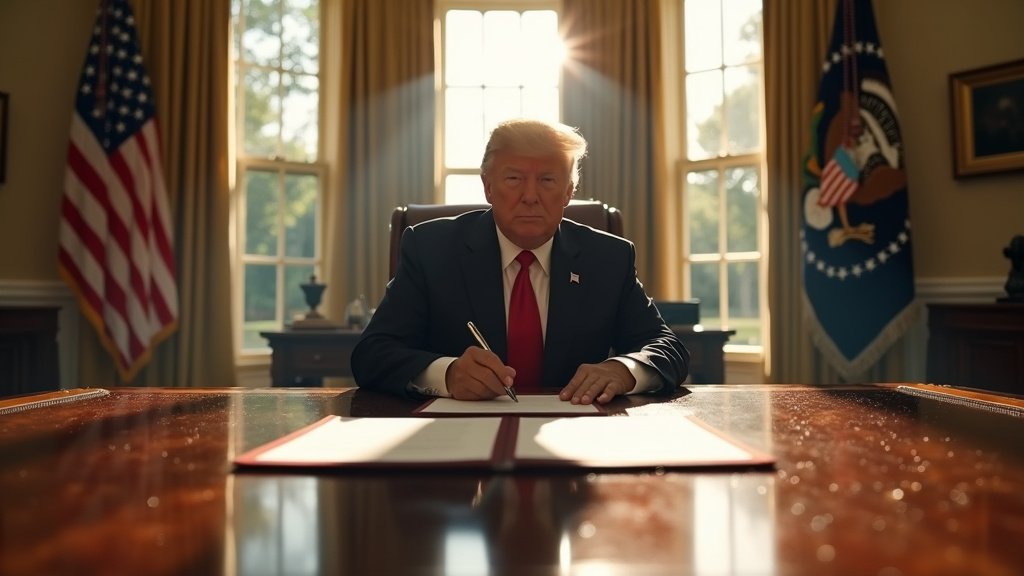A recent study, published in the journal Ethos, offers a revealing snapshot of American attitudes toward diversity. The research indicates that a significant majority of Americans express a desire for a more ethnically and religiously diverse society than the one they currently experience. This finding challenges some prevailing narratives and provides a fresh perspective on the evolving social landscape of the United States.
The study, which surveyed a representative sample of 986 American citizens, paints a clear picture. Two-thirds of the participants expressed a preference for greater ethnic diversity within their communities and the nation as a whole. Even more striking is the fact that over half of those surveyed indicated they would welcome increased religious diversity. These numbers suggest a widespread openness to a more multicultural society, even amid ongoing debates about identity and social change.
Support Spans Political and Religious Divides
Perhaps one of the most noteworthy aspects of the study is the breadth of support for diversity across different demographic groups. The research found that the desire for a more diverse society extends beyond traditionally liberal viewpoints. Notably, a majority of white Christian Americans, a segment of the population often associated with anxieties about demographic shifts, also favored increased diversity. This suggests that the appeal of multiculturalism transcends political and religious divides, pointing to a deeper cultural shift.
The study’s lead author, Séamus Power, offered insights into these findings. Power emphasized that the idea of a multicultural United States still resonates strongly with a significant portion of the population. This enduring support suggests that the concept of a ‘melting pot’ or ‘salad bowl’ society continues to hold appeal for many Americans, despite the challenges of navigating cultural differences.
Perceptions Versus Reality: A Gap in Understanding
Beyond the findings related to desired diversity, the study also uncovered interesting discrepancies between perception and reality. Researchers found that Americans generally overestimate the proportion of minority groups within the population. Conversely, they tend to underestimate the size of the white and Protestant populations. This disconnect between perceived and actual demographics might influence how individuals perceive the current level of diversity in their communities.
Despite these perceptual differences, the underlying desire for greater diversity remains evident. This suggests that Americans are not necessarily opposed to the idea of a diverse society, even if their understanding of its current composition is not entirely accurate. The study’s findings, therefore, raise important questions about how accurately Americans understand their own society and how that understanding shapes their attitudes and beliefs.
Implications and Future Directions
The research provides valuable insights into the values and aspirations of American citizens. The widespread support for diversity, as indicated by the study, has implications for policymakers, educators, and community leaders. Understanding these preferences can help shape public policy and create more inclusive environments that reflect the values of the population. Further research could explore the specific drivers behind these desires for increased diversity. What aspects of diversity do Americans value most? How do they perceive the benefits and challenges of a multicultural society? Answers to these questions could deepen our understanding of the complex forces shaping American society and provide guidance for fostering a more harmonious and inclusive future.











